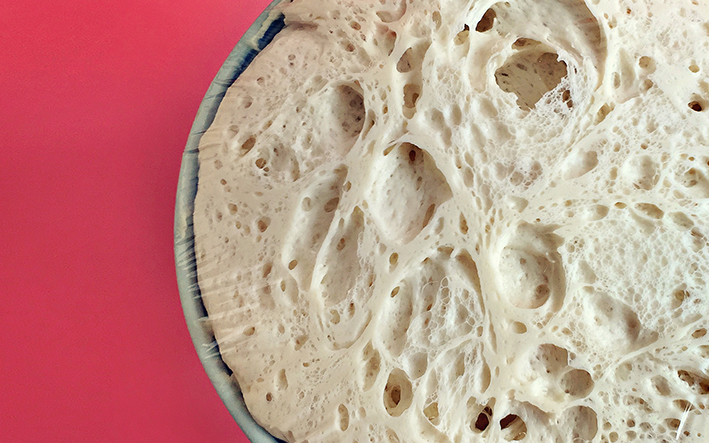
Biotechnology (usually referred to as biotech) is the area of biology that, using living processes, organisms, or systems, manufactures products or develops technologies to improve the quality of human life and the environment. Complex as it may sound, biotechnology is already present in our everyday life. Think for example about cheese or bread, delicious products that we love and are made using microorganisms. But it just does not stop there, biotech applications span further into other fields, for example the production of active pharmaceutical and therapeutic compounds, partial purification of waste waters from human activities and a long etcetera.
One crucial aspect of biotech is that it is a very dynamic field, always expanding. For example, current efforts are working to develop microorganisms able to capture CO2, helping to contain or even reduce the carbon footprint of modern industrial processes. A lot of innovative work is also focused on exploiting industry side streams, which can be given a second life by becoming the substrate for bacterial growth, allowing more circular and sustainable value chains. And certainly, even more opportunities still remain untapped and ready to be discovered.

If we bring the focus of our lens to Navarre, we found numerous examples of biotechnology being used and investigated past the current knowledge. From the excellent research conducted at the universities and flagship institutes (UPNA, UNAV, CNTA, CENER, CdAB-CSIC), to other applications in specific sectors, like Ingredalia’s process to isolate active compounds from vegetable food processors.


